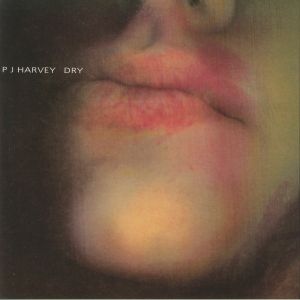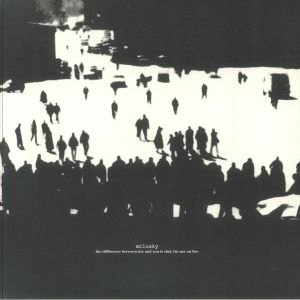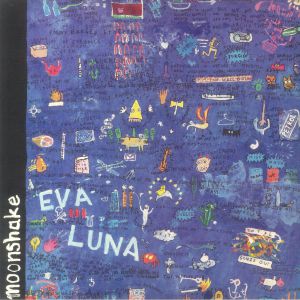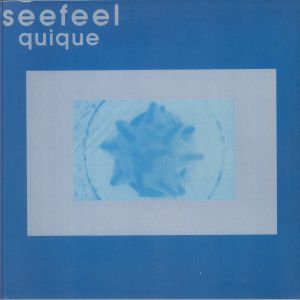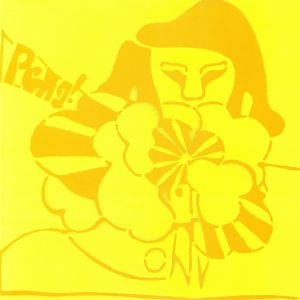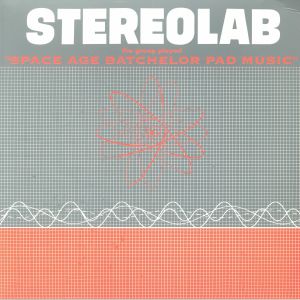Receive new release alerts for Too Pure
Filter
Type
Music
Format
Featured
Release Title
Price
Too Pure Vinyl & CDs
Browse the latest Vinyl & CD releases on Too PureSimilar labels:
Items 1 to 6 of 6 on page 1 of 1
Review: The world was very different in 1992, but some of the greatest musical moments from that year stand the test of time. Just take Polly Jean Harvey's staggering debut - the making of a musical icon and one of the era's finest examples of songwriting. It still sounds exceptional and its messages still resonate, lifting the woke-washed veil of our age in one fell swoop, laying bare the fact that many toxic attitudes prevail. It's rock music, but that's hardly the point. What matters isn't so much what's being played, but how and what's being said. Delivered with an air of Pixies and nod to Patti Smith, written in the wake of a relationship imploding, our introduction to Harvey remains vital as ever. A refusal to accept simplistic, patriarchal views of womanhood and femininity, or indeed simplistic patriarchal views of anything, the record's razor sharp observations, cunning wit and deft ability to reference but feel original is remarkable.
… Read morePlayed by: Juno Recommends Rock/Indie
in stock $25.20
The Difference Between Me & You Is That I'm Not On Fire (remastered) (gatefold 180 gram vinyl LP)
Cat: PURE 370LP. Rel: 03 Oct 24
Punk/Hardcore
in stock $25.20
Eva Luna (Deluxe Edition) (gatefold blue vinyl 2xLP + booklet)
Cat: PURE 351LPX. Rel: 05 Oct 23
Post Rock/Experimental
Review: Moonshake formed in 1991 around the nexus of songwriters David Callahan and Margaret Fiedler and quickly got signed to Creation before enjoying a longer stint on Too Pure, the label that was also fostering the early career of PJ Harvey. Naming themselves after a Can track, they poured a messy assembly of influences into their sound and wound up somewhere in between scenes. At times noisy and angular like the best post-punk, and elsewhere locked into hypnotic grooves with a loose but focused drive, they still sound like nothing else out there. Now their debut album Eva Luna comes back into print as a special edition with nine bonus tracks taking in non-album singles, B-sides and a Peel Session, making it a definitive document of the quintessential outsider band.
… Read more in stock $39.48
Review: Bridging the gap between guitar-driven rock and ambient techno - they would later become the first artist to bring guitars to Warp Records - Seefeel skillfully blended electronic loops with post-psychedelic basslines, mermaid-like vocals from Sarah Peacock and intelligent percussion. Their debut album for Too Pure in 1993 was both ahead of its time and timeless, offering a quiet revolution of repetition and downtempo somnolent soundscape, a record that remains beautifully undated. Tracks like 'Imperial'. 'Industrious' and 'Charlotte's Mouth' demonstrate Seefeel's knack for using guitars as electronic complements, layering hypnotic smears of feedback with Peacock's intimate whispers. The eight-minute opener, 'Climatic Phase No. 3', floats with barely-there percussion and a lazy, dreamy melody, while 'Filter Dub' delivers a sublime, drowsy bass line perfect for slipping into sleep. The album's structure leans into drone and quirky ambience, creating an experience more akin to a dream state than a traditional rock record. Quique feels proto-IDM, a precursor to the ambient-motorik noise-pop aesthetic that artists like Tim Hecker and Mouse on Mars would explore. Seefeel's early work remains a blueprint for electronic experimentation, demonstrating that the band's forward-thinking approach helped define a genre that continues to defy easy categorisation. Quique is not just a product of the 90s - it's a sonic vision that still feels fresh and boundary-pushing today.
… Read morePlayed by: Joachim Spieth, Shadow Dancer
in stock $31.64
in stock $25.20
The Groop Played Space Age Bachelor Pad Music (reissue) (clear vinyl LP + insert)
Cat: PURE 19LPX. Rel: 09 Nov 18
Indie/Alternative
in stock $25.20
Items 1 to 6 of 6 on page 1 of 1

 USD
USD





